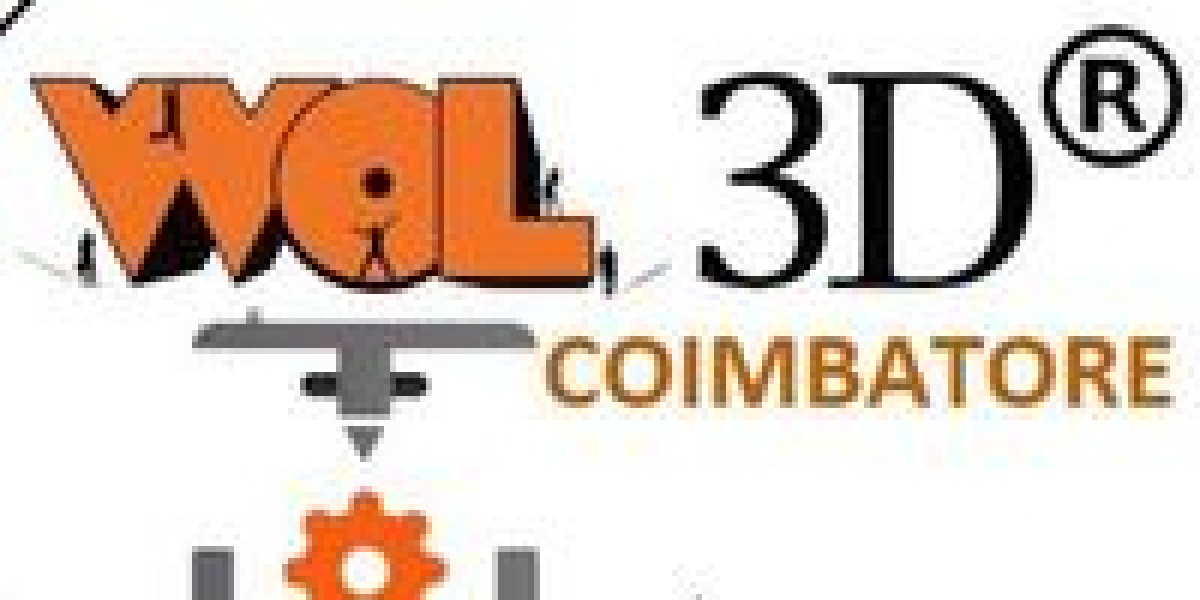Introduction to Civil Engineering Books
Civil engineering is a discipline that encompasses the design, construction, and maintenance of the built environment, including infrastructure such as bridges, roads, dams, and buildings. For aspiring civil engineers and professionals alike, staying updated with the latest advancements, theories, and practical applications is crucial. This guide explores the importance of civil engineering books, highlighting key areas and resources that can enhance knowledge and expertise in the field.
Importance of Reading Civil Engineering Books
Reading civil engineering books offers several benefits that contribute to both personal and professional growth in the field:
Knowledge Expansion: Books cover a wide range of topics from structural analysis to environmental engineering. The Civil engineering books play a pivotal role in the education and professional development of civil engineers. Providing in-depth knowledge that textbooks and online resources may not always offer.
Theory and Application: They bridge the gap between theoretical concepts learned in classrooms and their practical application in real-world projects.
Keeping Updated: With advancements in materials, technologies, and construction practices, books serve as reliable sources to stay current with industry trends.
Types of Civil Engineering Books
There are various types of civil engineering books tailored to different aspects of the discipline:
Textbooks: Essential for learning foundational theories and principles.
Reference Books: Provide detailed information on specific topics like geotechnical engineering, structural analysis, or transportation systems.
Design Guides: Offer practical guidance on designing structures, considering safety, efficiency, and sustainability.
Case Studies and Project Reports: Detail real-life projects, showcasing challenges faced and solutions implemented.
Popular Civil Engineering Books
"Civil Engineering: Conventional and Objective Type" by R.S. Khurmi: A comprehensive guide covering both conventional and objective types of questions typically asked in competitive examinations and interviews.
"Structural Analysis" by R.C. Hibbeler: Widely used for understanding the principles of structural analysis and design, providing clear explanations and examples.
"Construction Management and Planning" by S. Seetharaman: Focuses on project management aspects crucial for civil engineers involved in construction projects.
"Highway Engineering" by S.K. Khanna and C.E.G. Justo: Offers insights into the planning, construction, and maintenance of highways and roads.
How to Choose the Right Civil Engineering Book
Selecting the right civil engineering book depends on your specific needs and interests:
Purpose: Determine whether you need a textbook for learning concepts, a reference book for detailed information, or a design guide for practical application.
Level: Consider the complexity level—whether you're a student, a practicing engineer, or preparing for exams.
Reviews and Recommendations: Read reviews and seek recommendations from professors, colleagues, or online communities to gauge the book's credibility and relevance.
Benefits of Reading Civil Engineering Books
Engaging with civil engineering books goes beyond acquiring knowledge:
Professional Development: Enhances technical skills and problem-solving abilities crucial for career advancement.
Inspiration and Innovation: Books often inspire new ideas and innovative approaches to tackle engineering challenges.
Networking: Discussions around recommended books can facilitate networking with peers and experts in the field.
Conclusion
In conclusion, civil engineering books play a pivotal role in the education and professional development of civil engineers. They provide a wealth of knowledge, bridge the gap between theory and practice, and keep professionals updated with industry advancements. Whether you're a student, a graduate, or a seasoned professional, incorporating relevant books into your reading list can significantly contribute to your success in the field of civil engineering.









